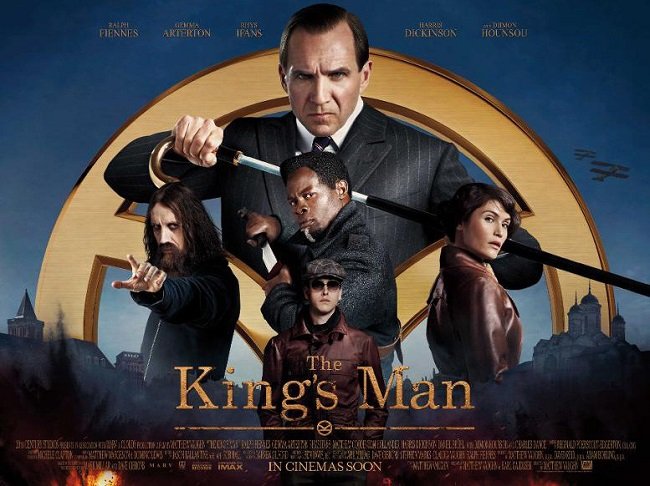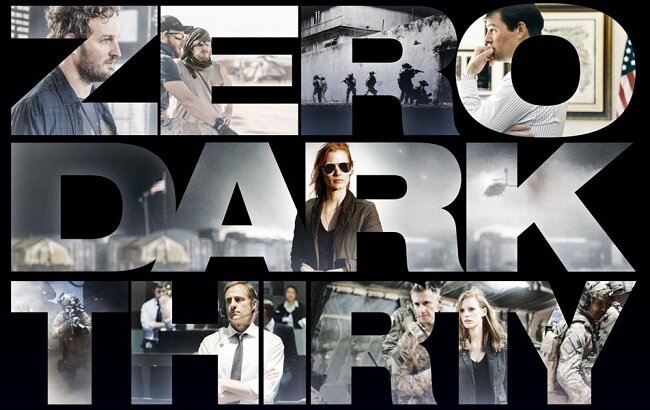13 Assassins (2010)
13 Assassins is one of Takashi Miike's most restrained and mature movies. Set in Feudal Japan and based on true events, a venerable clan suffers under the reign of the cruel young Lord Naritsugu (Goro Inagaki), who commits atrocities at will. Unable to break their oaths, the samurai are torn between duty and shame. Some of the masters in the clan even go so far as to commit Seppuku in protest. Unable to endure the status quo, a plan is formed to gather a small team of the deadliest samurai and assassinate Lord Naritsugu while he is travelling between clan territories. The responsibility falls upon Shinzaemon Shimada (Koji Yakusho) to take on this potentially fatal task. The matter is further complicated by Lord Naritsugu’s personal bodyguard (and Shimada’s former rival) master samurai Hanbei (Masachika Ichimura), who is a force to be reckoned with.
The storyline of 13 Assassins plays to the strengths its director. Despite the formality and traditional nature of the story, he still manages to imbue scenes and characters with his hallmark quirks and foibles. The first act clearly established Lord Naritsugi's evil credentials and establishes the moral framework within the story to justify his death. Once the violent introduction is complete, the film settles into a measured second act punctuated with a degree of gallows humour. This relies on the formulaic assembling of the titular assassins, and the planning of Lord Naritsugu's demise. The climax is an epic battle that dominates the final third of the films running time. The action is gritty and credible and the fight scenes although technically accurate are not designed to be excessive balletic in their choreography, like some other Samurai movies.
It is to Miike’s credit that he maintains a strong narrative throughout all three acts. His direction is thoughtful, and he does well with managing a large number of protagonists, many of whom are not especially well defined. The cinematography is gorgeous and makes an interesting counterpoint to the unpleasantness that unfold within the story. There is minimal use of CGI and a reliance on traditional physical effects. This combined with the strength of the script and performances ensures that the film never becomes boring or baggy. Overall, 13 Assassins is a very moral film in a perverse way, with a very surprising conclusion. It maintains the right balance between exploring philosophical themes and providing dynamic escapist entertainment. For those not familiar with the work of Takashi Miike, this movie is a very good starting place.




























